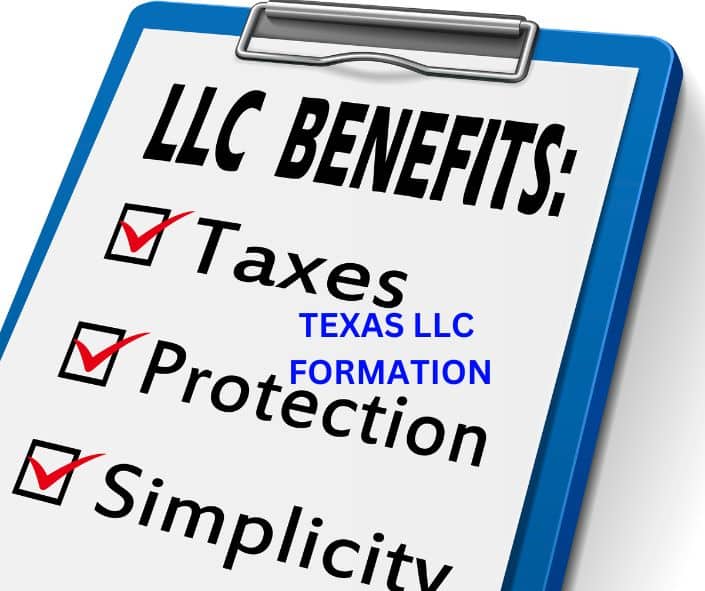For entrepreneurs, deciding where to incorporate a business is one of the most important early decisions. With its business-friendly policies, large economy, and low tax burden, Texas often stands out as an ideal choice. If you’re considering launching a venture, you may find that starting a Limited Liability Company (LLC) in the Lone Star State offers more than just regional advantages—it provides flexibility, legal protection, and cost-efficiency.
This post explores the practical benefits of incorporating in Texas and outlines how to start an LLC in Texas, keeping things straightforward for first-time business owners.
Why Texas Appeals to Entrepreneurs
Texas has long held a reputation for supporting business innovation and economic growth. It ranks among the top US states for job creation and startup activity. But what makes it so attractive to new businesses?
No State Income Tax
One of the primary reasons entrepreneurs choose Texas is its absence of a state income tax. This structure allows business owners to retain more of their earnings compared to states with higher tax obligations. For LLCs, where profits typically pass through to the members, this can make a significant financial difference.
Low Filing and Maintenance Costs
Forming a how to start an LLC in Texas is relatively affordable. The standard filing fee for a Certificate of Formation is around $300, and annual compliance requirements are minimal compared to other states. Unlike corporations, LLCs in Texas do not have to hold annual meetings or file detailed annual reports, simplifying long-term administration.
Strong Legal Protections
LLCs help separate personal and business liabilities. In Texas, the state legal system further strengthens this division, giving business owners added peace of mind. If lawsuits or debts arise, the LLC structure generally shields personal assets—an essential layer of protection for small and growing businesses.
Supportive Infrastructure and Workforce
Texas offers a diverse, skilled workforce and a broad network of infrastructure, including access to major transportation hubs, commercial real estate, and thriving tech and industrial zones. Whether you’re in Houston, Austin, Dallas, or a smaller city, you’ll find access to resources that support business scalability.
Step-by-Step: How to Start an LLC in Texas
Setting up an LLC in Texas follows a clear and manageable process. Here’s a basic breakdown:
- Choose a Name for Your LLC
The name must be unique and distinguishable from other business entities in Texas. It should also include “Limited Liability Company” or an approved abbreviation like “LLC” or “L.L.C.” - Appoint a Registered Agent
Every LLC in Texas must designate a registered agent—an individual or company authorized to receive legal documents on behalf of your business. The agent must be a Texas resident or authorized to operate in Texas. - File the Certificate of Formation
Submit Form 205 (Certificate of Formation) with the Texas Secretary of State. You can do this online through the SOSDirect portal or by mail. The fee is currently $300. - Create an Operating Agreement (Optional but Recommended)
Though not legally required, drafting an operating agreement is a smart move. It outlines the ownership structure, management roles, and operational rules of your LLC, helping prevent disputes down the line. - Obtain an EIN from the IRS
An Employer Identification Number (EIN) is essential for tax purposes, opening a business bank account, and hiring employees. You can apply for one directly on the IRS website at no cost. - Fulfill State and Local Licensing Requirements
Depending on your business type and location, you may need additional permits or licenses. Check with your city or county clerk’s office to ensure full compliance.
Conclusion
Choosing where to incorporate your business carries long-term implications. Texas stands out not just because of its tax advantages, but also because of its simplicity, legal clarity, and economic dynamism. Understanding how to start an LLC in Texas gives you a strong foundation to build on—whether you’re launching a side hustle, a tech startup, or a family-run venture.
Rather than getting bogged down in unnecessary complications, Texas helps keep your focus where it belongs: on growing your business. If you’re aiming for flexibility, protection, and a supportive business environment, starting an LLC in Texas is a smart move worth serious consideration.


